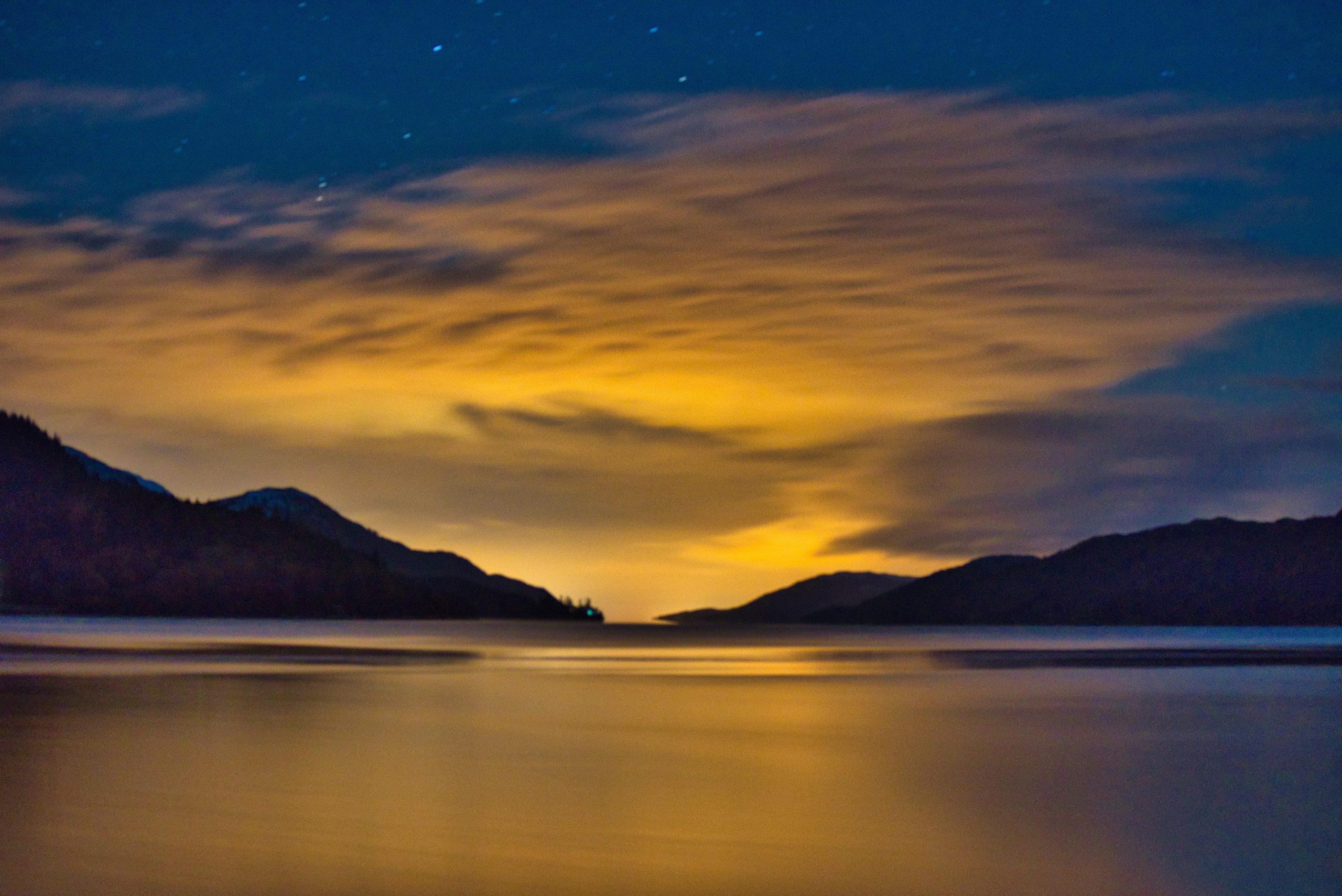I know how I feel about the rain only when the faces of others come up to me like hard-to-differentiate blooms: everyone’s a daffodil then, or a hyacinth, or a lazy tulip, or wild roses. All their eyes are dim and downward, looking at the ground; they’ve become, in color, like the sandy dirt color of sidewalks, pavement: and they’re tipped low, thinking old thoughts, or new thoughts, or none, feeling the bright mystery of being wet, the conundrum of clothing normally comforting becoming uncomforting gradually as it becomes wet.
That’s rain, the climate of rain.
Rain and snow always make one hungry. Rain or snow make food always taste better.
I go soon to live in a rainy place, ruled by the dim sparkle and promise of rain.
In rain, I think you falter when you are sure of something; and when you are unsure, you irritably come to rapid full conclusion. Does he love you, or love you not? You know when it rains. Did you do badly or well? In rain or snow, you will not allow yourself to come to any conclusion about that sort of judgement; all judgements are as good as what they are next to.
In moving you shift your background, fully. I mean in moving very far, where you hear the sound of music, accidental and repeated, but never ceasing. You are moving to where you love the sound of human voices; they’ll become the hammock of your old age. Their voices which they have no idea are so lovely.
Fish you’ll have for supper or lunch at least once a week, and you’ll never cook it yourself. You’ll go by the waterside. Neptune’s your lunch partner; he’s sorry you never received an answer after your application to become a mermaid. It isn’t, he says, because there were no answerers; it’s because when there are no answers, that means no, he says.
Yet he meets with you whenever you have a meal of fish, looking like the person who knew he should have offered you a job but didn’t.
Given you that great a gift? He says.
It would be too great a gift, I find myself saying. The fish you are eating is rich in butter and lemon, but not quite enough salt.
Most have regrets, he says.
Regrets, you say.
Your greatest regret? He says.
I don’t live on my own island, I say.
That would truly be a curse, he says. You’d worry about nothing but climate. Whether Winter has a right to clobber Fall. Whether Fall is worth anything compared to Winter. What an indifferent irresponsible young sap Spring is, compared to Summer. And dealing with Summer like a guest who won’t go away.
Surely more than that happens on an island, I say.
Absolutely nothing but that happens on an island, he says. It’s worse, now, because of the sulky desperation about Save the Planet and Climate Change. Your little island can’t be the scientist or the politician or the philanthropist who figures it out and Saves the World. You’re just tiny you, and you’ll succumb even faster than everyone else.
Thanks, I say. But I could have been a mermaid, sealed away from all this worry.
Ignorance is not bliss, he says. You would always suspect you were being fooled. More tea? There is nothing more wonderful than tea with fish. Go to sleep now. Fold your arms up and sleep here at the table. I’ll tell the restaurant folk you’ve been working day and night on a novel about climate, and there’s almost nothing left of you, and the fine food put you into a sweet downdrift of rest.
But they’ll close, I say.
No, no, he says. They won’t close. With Neptune here. I’m their supplier.
And I wake hours later. But I am no longer in the restaurant. Neptune did become tired of waiting for me or the restaurant was adamant it must lock its doors and employees must go home to bed. I wake in a bed which ripples like wheat in the water, and I feel a great silver tail instead of legs, and all the painful memories of my former sexual life I feel acutely for a moment and then it is gone. All a merman can do is hold my waist now, or touch my hair. I’m no longer a place for the Trojan Horse to come to rest.
Where am I, I say to everyone, but I’m like a country girl who’s come to the big city: no one understands my language.
I see Neptune up above, on a sea hill, on a carefully moored enormous throne; he has listeners. It’s spring, he’s crying to them.
What’s spring, they’re crying back.
I am dying, and happy to be dead.
Rebecca Pyle, named at birth for Daphne du Maurier’s and Hitchcock’s Brit masterpieces, Rebecca, is both writer and artist with work in Guesthouse (forthcoming), JuxtaProse, The Menteur, Gargoyle Magazine (forthcoming), Cobalt Review, Common Ground Review (forthcoming), and The Penn Review. American Rebecca Pyle has lived the past decade or two in Utah, not terribly far from the often cloud-draped Great Salt Lake and its many small islands continually hosting migrating birds. See rebeccapyleartist.com .

